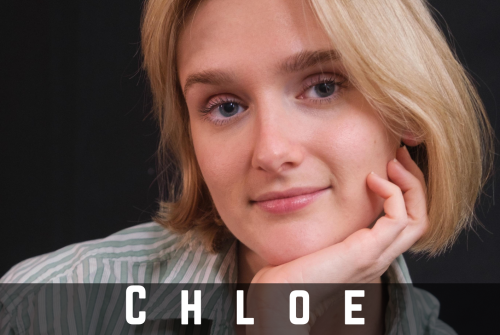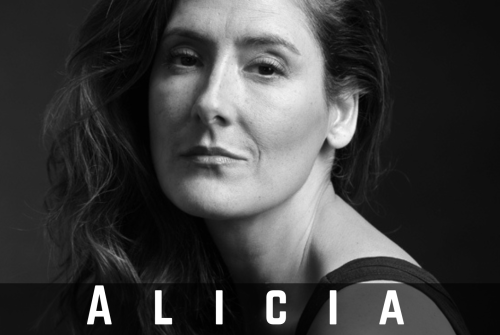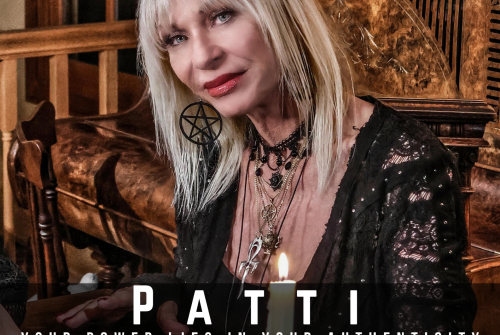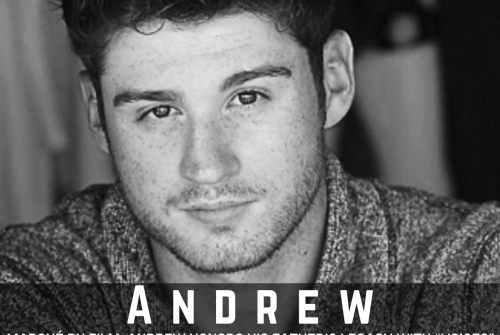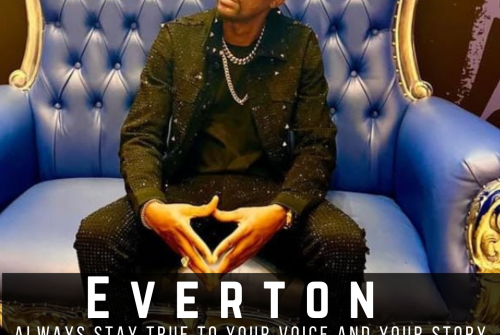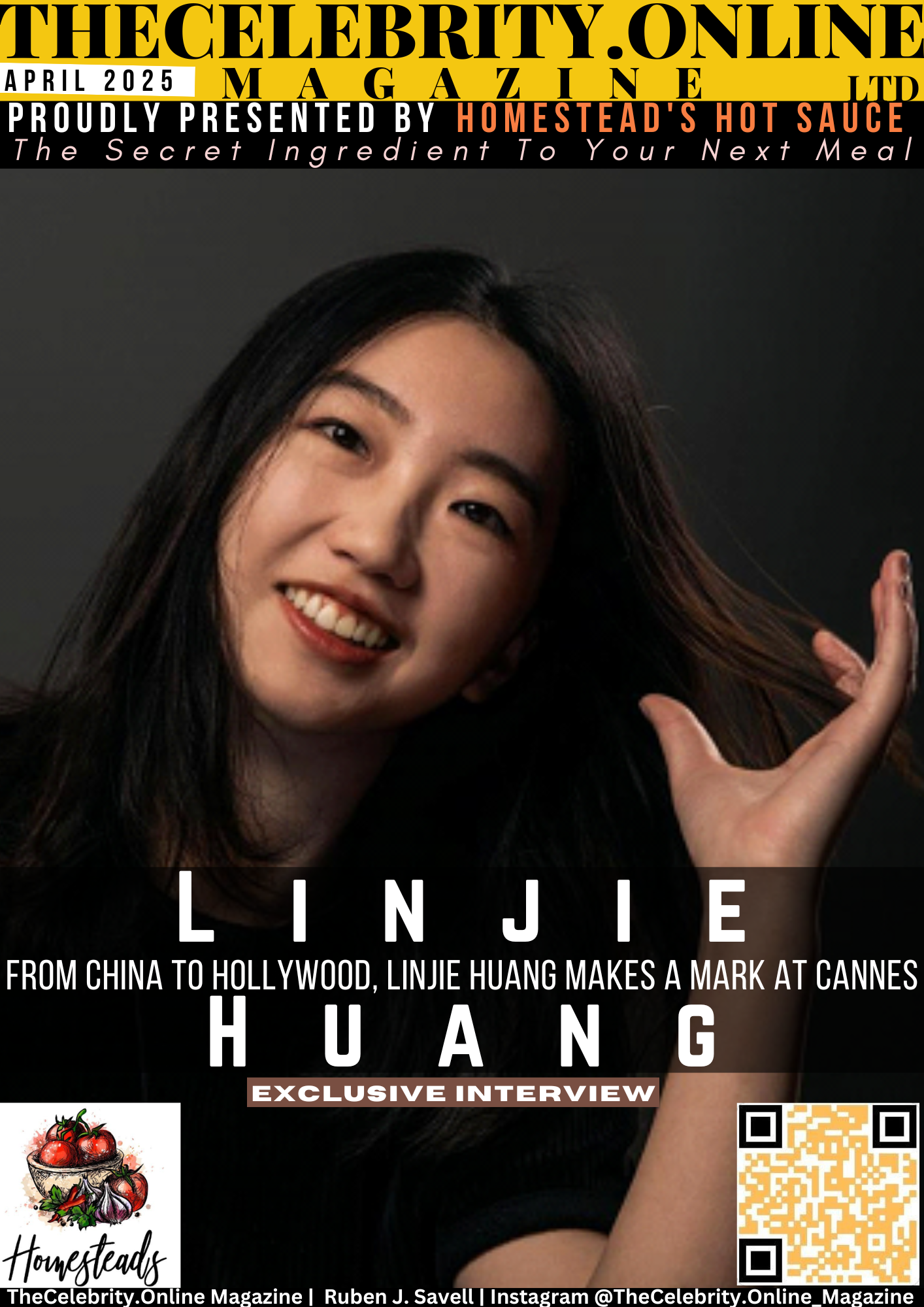
Discover the raw stories behind Linjie Huang’s powerful short films. Her latest short Chasing Jupiter gets a triple showcase in Cannes at the AmpAv Emerging Filmmaker Showcase, at the French Riviera Film Festival and at the Diversity in Cannes selection.
Linjie Huang
A filmmaker originally from China, Linjie “LJ” Huang has lived in Korea, Hong Kong, and the United States, shaping a body of work that explores identity, belonging, and self-worth through the perspective of an 异乡人 (foreigner).
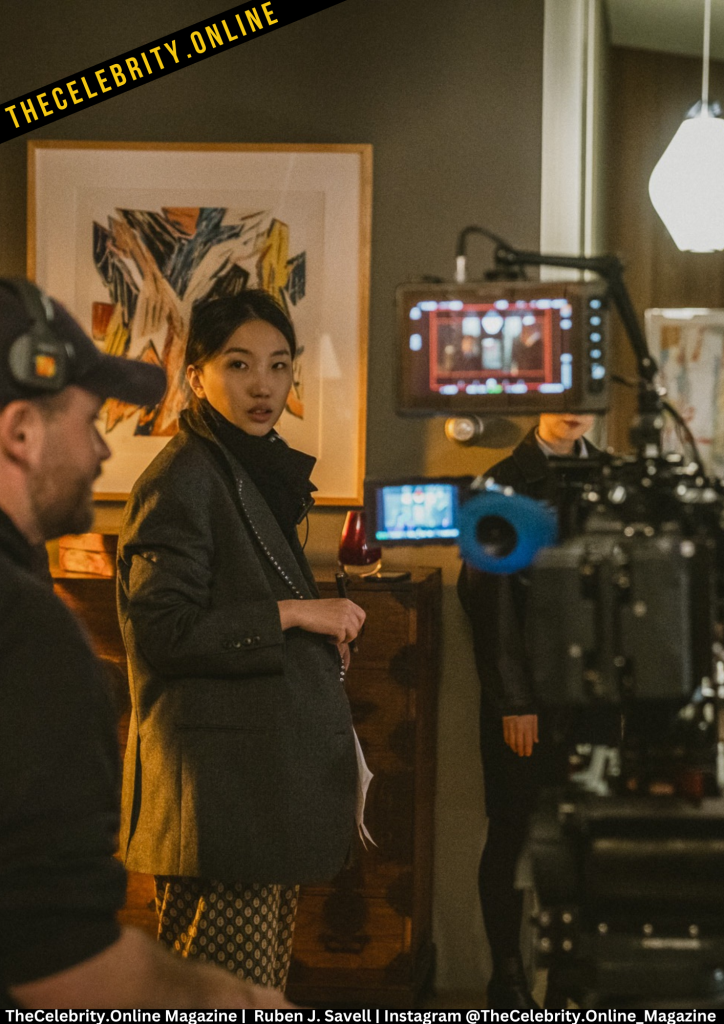
Her short film Chasing Jupiter won the Grand Prize at the Rhode Island International Film Festival, received a nomination at the Austin Film Festival, and was selected for the American Pavilion Emerging Filmmaker Showcase. Her latest project, Hidden Flavor, draws from the challenges of writing in a second language and reflects the quiet struggle to feel confident in one’s creative voice.
What hardships have you gone through in life?
I’ve always been an outsider wherever I went. I was born in a place far from my parents’ hometown, and growing up, we moved constantly, always to new neighborhoods and communities. I was always trying to fit in, to belong. Later, my parents kept moving across different cities, and I went on to live in the U.S. (Missouri, Maine, Seattle, L.A.), South Korea, and Hong Kong. No matter where I was, I became used to feeling like an outsider and living with that sense of insecurity.
To mainstream media, my everyday life probably looks like a series of minor stories; small, invisible moments that don’t seem to matter.
That changed when the protests broke out in Hong Kong. My lived experience felt completely different from how the Western media portrayed it. That disconnect pushed my sense of insecurity to a breaking point.
During that time, I spent a lot of days watching films at home. It was then I realized that telling these unseen, misunderstood B-sided stories- the ones I actually lived- was the only way I could begin to reclaim a sense of safety and belonging. And that, I think, is what inspires me most as a filmmaker.
Your short film CHASING JUPITER is having a triple screening in Cannes. Tell us about it.
The idea for Chasing Jupiter comes from very personal experiences, specifically, how I dealt with different forms of insecurity at different points in my life.
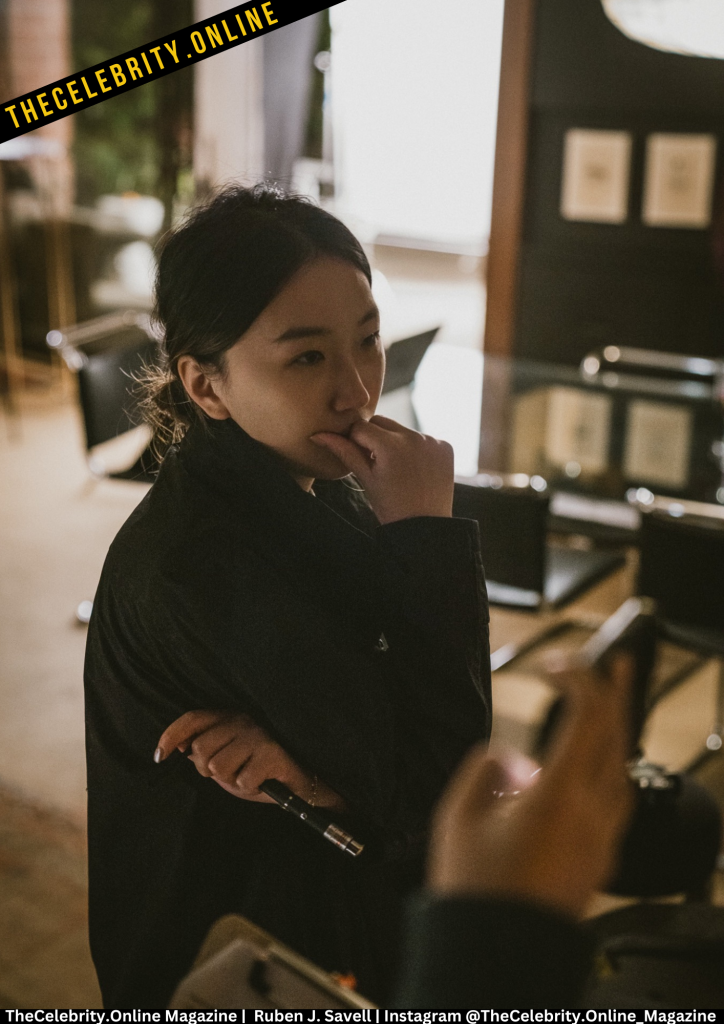
Chasing Jupiter was inspired by a time when I felt really uncertain about the future. My only way of coping was to keep my head down and work nonstop, convincing myself that hard work would fix everything. But that mindset made me miss something really important, my last chance to say goodbye to the first cat I ever adopted. She grew up with me, but I wasn’t there when she passed. And in the end, all that hard work didn’t really take me anywhere. So Chasing Jupiter became a sort of emotional parallel universe, a story where that loss could be healed, even just a little.
What about your new short Hidden Flavor? Does it have a similar theme?
With Hidden Flavor, the insecurity was different. I was trying to succeed in a film industry where English writing is everything, and as someone writing in a second language, I always felt like I had to prove myself ten times over. I thought if I just worked harder, stayed quiet, and kept improving, I’d be fine. But then something happened, an unfair incident involving 13 international students, including myself. That was when I realized that no matter how “perfect” I tried to be, I could still be targeted, simply because I wasn’t seen as “authentic.”
What really broke me was that more than 10 of those 13 students blamed themselves. They truly believed they weren’t good enough, and that’s why it happened. That’s when I knew I had to make Hidden Flavor. It’s a film for people who’ve carried that kind of self-doubt. But it’s also for those who benefit from certain privileges; people who may not even realize how easily they can exploit the quiet insecurities of immigrants.
Why is telling these stories so important to you, and why are you the best person to tell it?
Telling these stories is important to me because they come from real regrets, moments in my life that I can’t undo. And that’s exactly why I feel like I’m the right person to tell them. I carry the weight of those experiences with me, and that gives these films a sense of emotional honesty that I don’t think could come from anyone else.
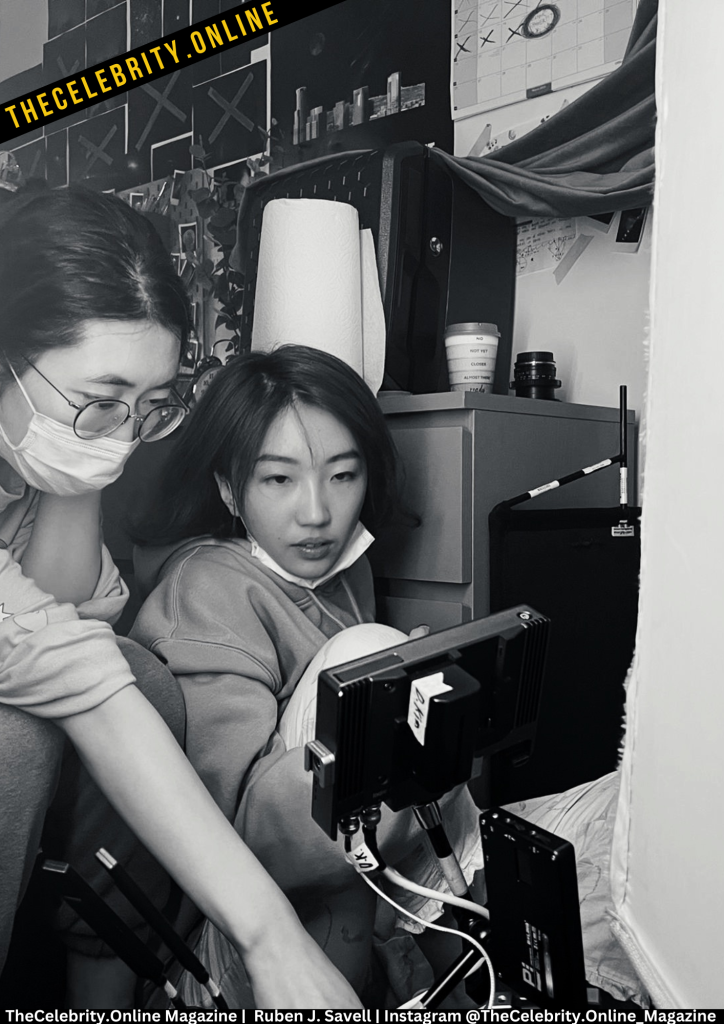
For me, making these films was a way to imagine a different ending. A version where pain doesn’t just sit there, but transforms into something meaningful.
Talk to us about the underlying themes of your films and how you would like the audience to receive and/or interpret its message?
The underlying theme across most of my films is about how we deal with insecurity- and all the different ways it can show up in our lives.
Chasing Jupiter is about not letting big ambitions blind us to the small, everyday moments with the people, or animals, we love. It’s a reminder not to sacrifice the present for some distant goal. On the other hand, Hidden Flavor feels more like a psychological experiment. It explores how easily gaslighting can creep in and attack the most vulnerable parts of our self-worth, especially when we already carry deep insecurity.
That said, one of the things I love most about film is that everyone interprets it differently. My message is just one way of understanding the story, but the audience will have their own interpretations, shaped by their experiences. Sometimes those interpretations are completely different from mine, and I actually love that. It creates space for conversation, and I really enjoy those exchanges.
What does the world need the most right now? And what actions are you taking to make a change in that direction?
I think the world right now is in such an interesting place. So many of the concepts we used to see in black and white, like politics, honesty, or what makes someone “good” or “bad”– are being completely redefined. We’ve even seen these once “untouchable” ideas fall apart in unexpected ways. And thanks to modern media, we now have the tools to see the hidden, often uncomfortable, sides of things we used to idealize.
This shift is breaking down communication barriers and allowing people from different parts of the world to better understand each other.
As someone who has always lived in the margins, whose experiences have rarely been seen as “mainstream”, I really believe what the world needs most right now is a diversity of stories. Stories told from different perspectives, different backgrounds, and different lanes. That’s how we expand and realign our understanding of the world.
And for me, the action is simple: I just keep putting my own “minor” experiences on the big screen. That’s how I contribute by adding more texture, more nuance, and hopefully more empathy into the conversation.
This is your first time attending the Marché du Film and the Festival de Cannes. What are you hoping to achieve there?
Beyond presenting my short Chasing Jupiter in three different selections (The AmPav Emerging Filmmaker Showcase, the French Riviera Film Festival and the Diversity in Cannes selection), I’m also excited to connect with other filmmakers, collaborators, and producers who are interested in nuanced, character-driven stories, especially ones that give voice to underrepresented experiences. For me, Cannes is not just about visibility, but about building meaningful relationships that can support each other.
Social media links and website links
- Vimeo: https://vimeo.com/showcase/11654315
- Professional link : https://www.instagram.com/lj_huang7/
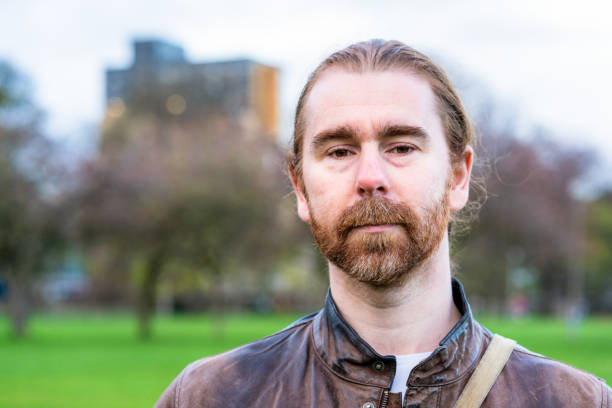
Jose R. Harwood is a the author and editor of TheCelebrity.Online and expert in Entertainment Industry working with TheCelebrity.Online Magazine – You can reach R. Harwood via Contact page! – Read more on our About Us page.


